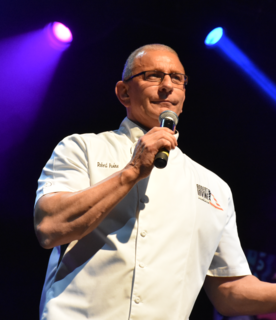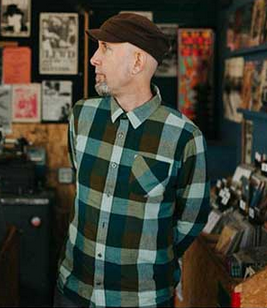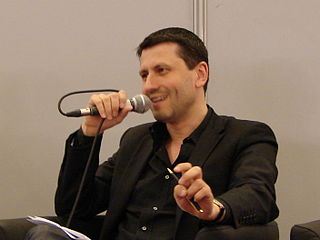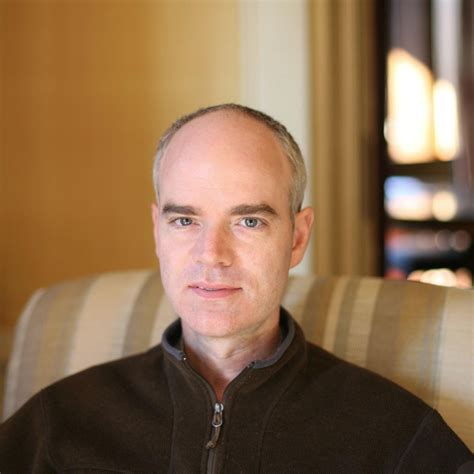A Quote by Paul Washer
Maybe that is why there are not a whole lot of problems between the church and worldly culture today, because we are not confronting the culture around us.
Related Quotes
Many teachers of the Sixties generation said "We will steal your children", and they did. A significant part of America has converted to the ideas of the 1960s - hedonism, self-indulgence and consumerism. For half of all Americans today, the Woodstock culture of the Sixties is the culture they grew up with - their traditional culture. For them, Judeo-Christian culture is outside the mainstream now. The counter-culture has become the dominant culture, and the former culture a dissident culture - something that is far out, and 'extreme'.
The culture of chefs is a melting pot, and I always say this - if we could put all the heads of state around a table, each representing their food culture, and then each take one bite of the other's and pass it to the right, and then explain the ideals and culture around those bites, our world problems would be easier to solve.
It is in the whole process of meeting and solving problems that life has meaning. Problems are the cutting edge that distinguishes between success and failure. Problems call forth our courage and our wisdom; indeed, they create our courage and our wisdom. It is only because of problems that we grow mentally and spiritually. It is through the pain of confronting and resolving problems that we learn.
People have come to me over the years and said to me: 'I admire the culture of Starbucks. Can you come give a speech and help us turn our culture around?' I wish it were that easy. Turning a culture around is very difficult to do because it's based on a series of many, many decisions, and the organization is framed by those decisions.
I think so much of our society is geared towards mainstream media and pop culture and so forth. And there's a huge divide between the artist and the fan. And with indie culture that wall is removed. You actually do see the musicians walking around enjoying the show. It's a distinctly different culture and for the 99% of Nirvana fans that caught up with them with Nevermind, my book is gonna give them a whole different take on Kurt [Cobain] and the band.
The church must seek to be biblical rather than relevant. We are not going to leave a mark upon our culture because we have studied its ways and adapted ourselves to it. We are relevant when we reject the world outright and are its polar opposite! This present darkness provides a great opportunity for the church to be the salt of the earth, but if we mix with the very impurities we are supposed to expose... we are as useless as our culture already believes us to be.
John Hughes made a certain type of high school movie, and then it stayed static for 30 years. The only thing that changed was that maybe it was found footage or maybe it's a little snarkier, but the actual language that kids live in today, like with texting, motion graphics, the internet and that whole hashtag culture doesn't exist in movies today. It's left on the floor.




































